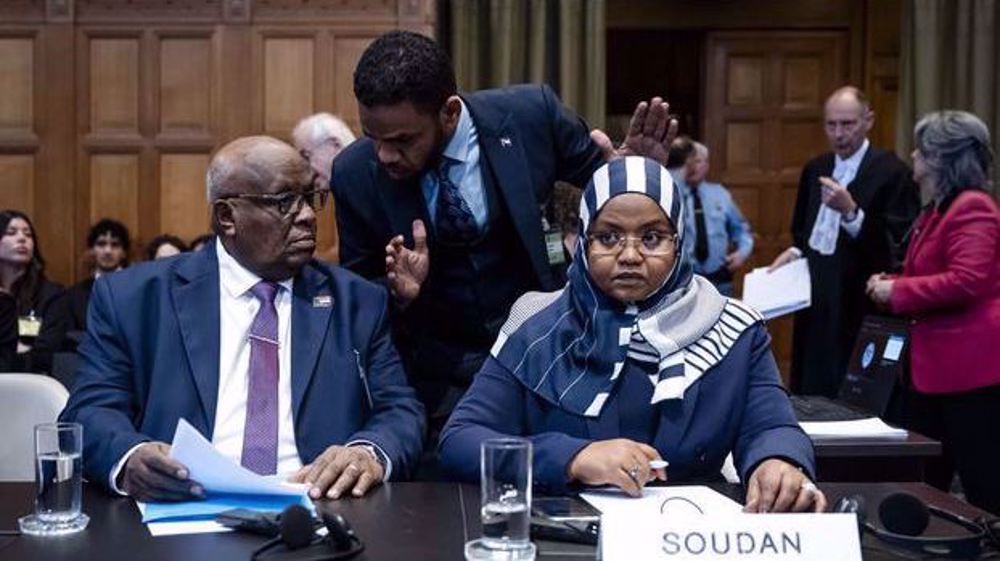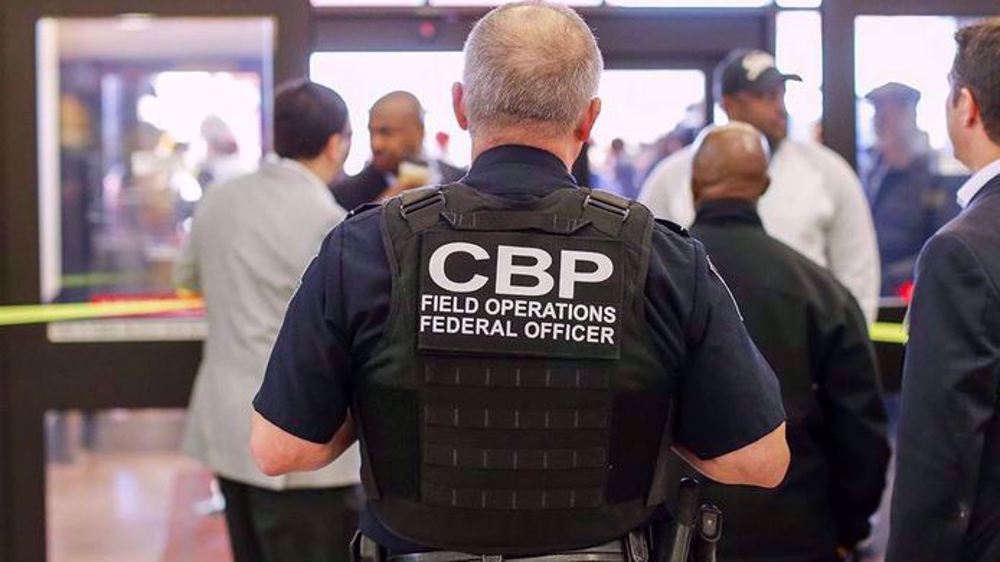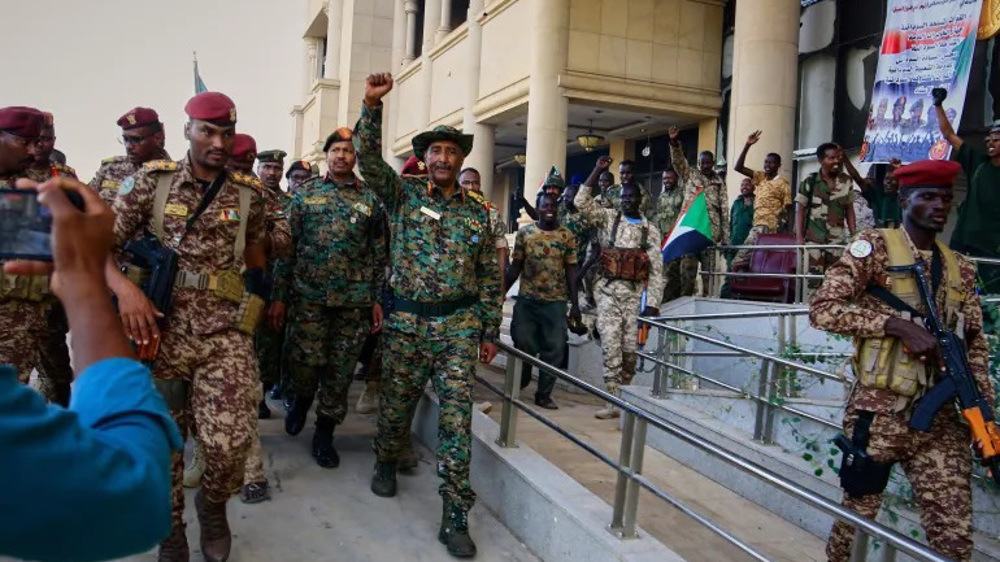South Sudan rivals agree on 6-month period to form unity government
South Sudan's warring sides have agreed to delay the formation of a coalition government for six months, citing failure to resolve differences over the establishment of a power-sharing government that would end years of political deadlock in the African country.
The agreement came after closed-door talks in neighboring Ethiopia on Friday, just days before the coalition government was due to be installed in the South Sudanese capital of Juba.
The deadline for forming the national unity government, part of the peace agreement signed between President Salva Kiir and opposition leader Riek Machar in August last year, was May 12.
Under the power-sharing deal, Machar would be reinstated as vice president. Additionally, there will be a total of 35 ministers in the bloated transitional government, including 20 Kiir allies and nine allied with Machar, along with representatives of other rebel groups.
"The Parties identified lack of political will, financing and time constraints as the major challenges that have delayed implementation of the Pre-Transitional tasks," the Intergovernmental Authority on Development (IGAD), a regional bloc moderating the talks, said in a statement on Friday.
Representatives and officials involved in the talks said of the 59 key tasks that required implementation before the May 12 deadline, only 27 had been completed, 17 were ongoing and 15 items had yet to be evaluated.
IGAD's South Sudan special envoy, Ismael Wais, expressed optimism and said both parties had avoided a crisis by agreeing to iron out the unresolved aspects of the deal rather than pushing ahead too early.
"Everybody is asking the question what comes next. Would there be a problem if the implementation of the agreement a failure, have we failed already," he said. "Now, this meeting proved all the South Sudan parties are committed to the peace agreement."
The six-month extension requires approval by a council of regional foreign ministers from Ethiopia, Sudan, South Sudan, Djibouti, Somalia, Kenya and Uganda next week.
Meanwhile, state radio in South Sudan reported on Friday that Kiir had lifted a state of emergency in the country’s northern regions as part of efforts to help end civil conflict.
South Sudan, the youngest country in Africa, has been gripped by a bloody civil war since December 2013, when Kiir accused Machar of plotting a coup. The two sides were then involved in a cycle of retaliatory killings that have split the impoverished country along the ethnic lines. Tens of thousands have been killed and millions displaced in the conflict.
Frequent attacks on humanitarian convoys and personnel have been reported in South Sudan's conflict and both warring sides have been blamed.
A similar deal, which returned Machar to vice presidency, was reached in 2015 but fell apart a year later in a deadly clash that forced Machar into exile.

Sudan takes UAE to World Court over 'genocide' in Darfur

US revokes all visas held by South Sudanese passport holders

Sudan army takes full control of Khartoum amid RSF defiance
Israeli minister: Troops to remain in Gaza, Lebanon, Syria ‘indefinitely’
Iran takes four countries to World Court over 2020 downed jet
Advocacy group files war crimes case in US against Israeli soldier
Israel secures 6-month delay in Gaza genocide case at ICJ
Houthi says US encouraging Gaza genocide, calls for arming Palestinians
VIDEO | Press TV's news headlines
Remembering Abdel Aziz Al-Rantisi, Hamas co-founder and ‘Lion of Palestine’
Pezeshkian: Iran, Saudi Arabia can serve as model for cooperation













 This makes it easy to access the Press TV website
This makes it easy to access the Press TV website